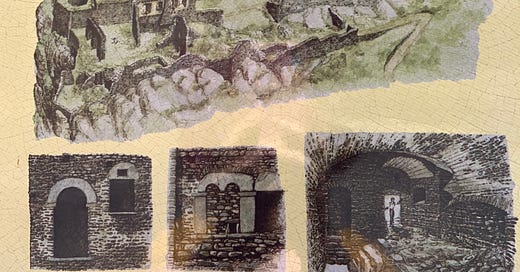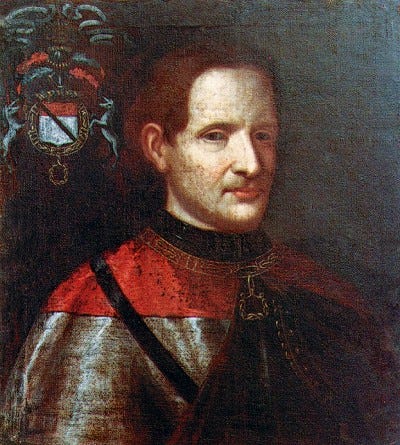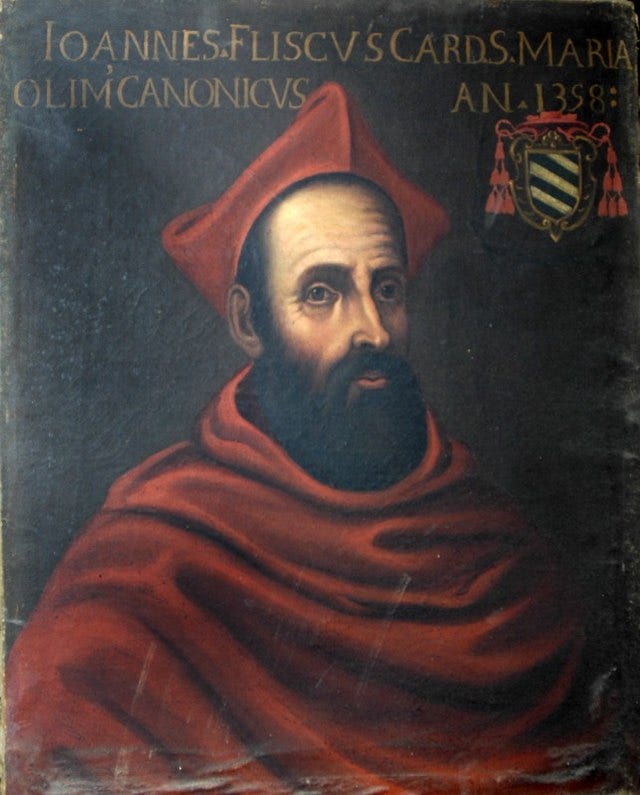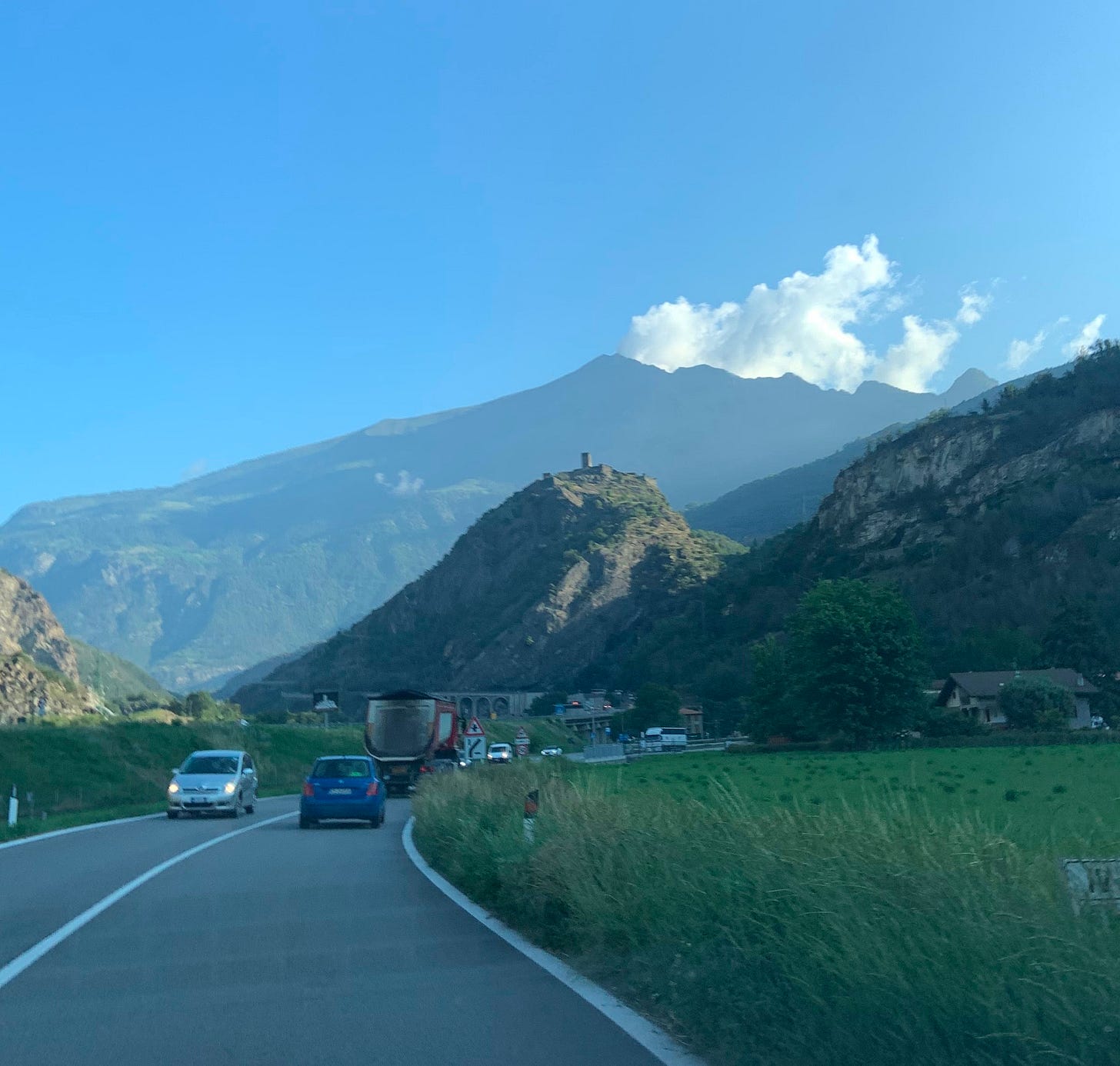A Silence of Stone: Giovanni Fieschi at the Castle of Saint-Germain
Those were hard times, and neither side was made of “saints”. Iblet de Challant had a reputation as a hard and pragmatic man, not “courteous” to enemies. Giovanni Fieschi was not an innocent victim.
Winter gnawed at the stones of Saint-Germain Castle, and the iron wind howled through the ruined chambers like the voices of the dead.
Here, in these crumbling walls perched above the valley of Aosta, Giovanni Fieschi, bishop, nobleman, and rebel, found himself not just imprisoned, but quietly erased.
The rebellion of Biella had shattered in his hands.
Dragged from his own castle and handed over to Iblet de Challant, captain of Savoy’s will, Fieschi entered Saint-Germain not as a man, but as a trophy.
No chains were clinking in the corridors.
The prison was more subtle.
Behind the battered gates, inside the broken houses within the castle walls, Fieschi was allowed to walk, to see the gray light of day — but never alone.
Soldiers' eyes tracked his every movement, silent as vultures waiting for death.
He spoke to no one who would listen.
He prayed in chapels abandoned by hope.
Iblet, a servant of power hardened by years of violence, knew his work well.
There would be no torture here, no blood on the stones.
Only waiting — the slow, grinding pressure of isolation, humiliation, despair.
For the proud bishop, every day passed like a drop of acid on iron.
Negotiations were a mockery.
If Fieschi wished for liberty, he must spit upon the rights he had spent a lifetime defending.
He must abandon Biella, surrender the ancient claims of his Church, and submit to the foreign will of Savoy.
The first escape attempt — frantic, clumsy — ended in humiliation.
Fieschi, once a lord of men, was dragged back through the courtyard like a beaten dog.
His captors spoke no words.
The silence itself was a weapon sharper than any sword.
By April 1378, a broken figure sat across the negotiation table at Verrès.
Gone was the firebrand bishop who had defied the Visconti and dared to curse a city.
Before the envoys of Savoy now sat a man hollowed by defeat.
He signed the pact.
He would leave Biella.
He would watch, powerless, as Savoy’s hand tightened over what had once been his.
When Fieschi finally left Saint-Germain, he did not walk as a free man.
He walked as a shadow, retreating into the fading light of Masserano, carrying with him a memory that would fester until death:
The memory of how a castle of stone, and a man of stone like Iblet de Challant, had worn him down — not with swords, but with silence.
More:
https://www.treccani.it/enciclopedia/giovanni-fieschi_%28Dizionario-Biografico%29/
ARE YOU INTERESTED IN OTHER STORIES?
You can find my books here: https://bit.ly/MysteryinLife









